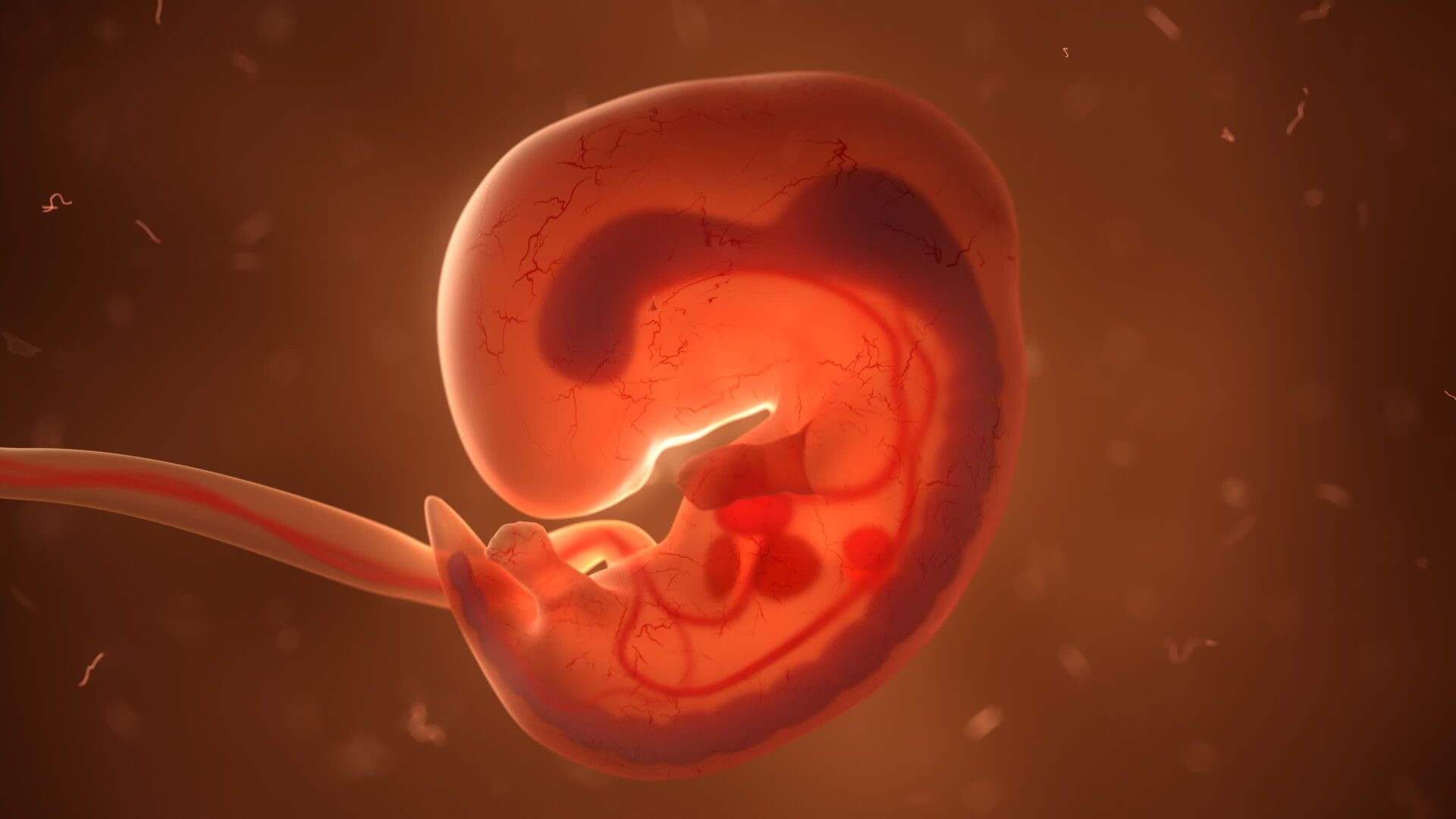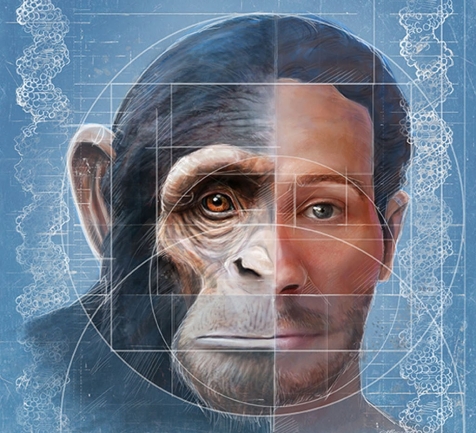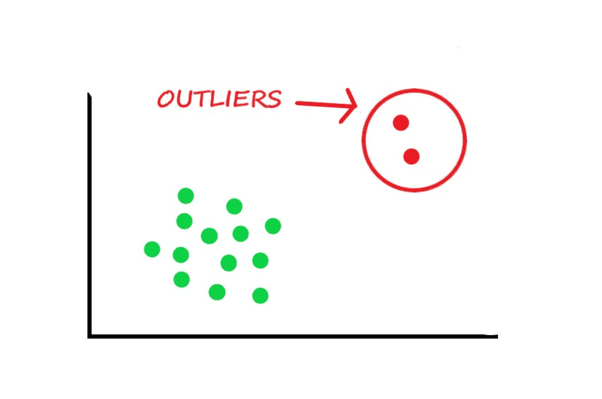Possible Preaching Themes
Possible Scientific Resources
- The image of Christ as king shaped by the image of God as shepherd (Ezek 34 and Ps 23)
- What does “The last enemy to be destroyed is death” (1 Cor 15) mean in the midst of a death-defying culture?
- The challenge of the final judgment scene presented in Matt 25. How do we reconcile the harshness and surprise of this scene with the Jesus who preaches mercy and forgiveness?
- Thanatology
- For a selection of articles about thanatology – the scientific discipline that examines death from the physical, ethical, medical, spiritual, sociological, and psychological perspectives: https://www.sciencedirect.com/topics/social-sciences/thanatology
- Or: https://pubmed.ncbi.nlm.nih.gov/22375350/
- The Science of Surprise
- For an overview of “complexity theory” as used by insurers to get a handle on the risks of various natural or manmade disasters happening in any given year: https://www.discovermagazine.com/technology/the-science-of-surprise
- For an introduction to actuary science and how it has evolved over the past century: https://www.casact.org/sites/default/files/database/astin_vol27no2_165.pdf
- For an introduction to PST (Potential Surprise Theory) as providing a theoretical underpinning for how those who try to plan for the future (insurers, U.S. military, etc.) could be better prepared using a model that accounts for plausibility and not just likelihood: https://www.sciencedirect.com/science/article/pii/S0040162516300671
- Animal Husbandry
- Four reasons why herders separate sheep from goats: https://www.fourleaffarm.org/why-farmers-separate-sheep-from-goats.html#:~:text=If%20sheep%20and%20goats%20fight,sheep%2C%20and%20it%20is%20widespread.
- For an extensive list of differences between sheep and goats: https://www.farmanimalreport.com/2020/07/26/why-do-sheep-and-goats-need-to-be-separated-differences-explained/
Homily Outline Combining Resources
Homily outline on the gospel and the science of surprise:
- Setting the scene with an insurance bill
- You open the mail to find (home, medical, life, car) insurance bill and grumble about cost going slightly upward again, but why?
- Who figures out each year the chances of one dying, or having a baby, or getting into a car accident, or losing one’s roof to a tornado?
- Introducing actuarial science
- The role of the actuary scientist as one who plods through massive data on the grandest scale to predict trends before they happen, in a time when it feels like anythingcould now happen.
- Actuaries live in the tension of trying to set manageable rates for the insured and the need to be able to cover those insured in case of a terrorist event, earthquake, or pandemic.
- They do not like surprises, and their task is to anticipate surprisesin advance.
- Jesus as the actuary’s nightmare: The Jesus we meet in the gospels would appear to be an actuary’s nightmare as he is so hard to predict:
- He teaches at length about forgiveness and non-violence and mercy (e.g., Matt 5) while at the same time he has eight parables that end in violence for those who do evil (see: https://www.baylor.edu/ifl/christianreflection/ParablesArticleReid.pdf)
- The cheating tax collector Zacchaeus (Luke 19:1-10) gets to have dinner with Jesus while the poor man who showed up for a wedding with inappropriate dress is bound and tossed out of the banquet (Matt 22:11-13).
- He tells followers not to judge (Matt 7:1-2), yet today paints a grand judgment scene.
- The one who values inclusion of all (e.g., Matt 22:37-40) now describes a great separation in which all are labeled either sheep or goats.
- Jesus illustrates the challenge of the actuary’s task, but also what keeps actuarial work interesting:
- More than dealing with probabilities (the likelihood that something will happen), actuarial science takes into account “plausibilities” (the likelihood of being surprised along the way, since one can never imagine in advance all the possible outcomes).
- Most humans suffer from “CAUB” (catch all underestimation bias) and hence fail to predict that surprises will be part of any story, including our own life stories (see: https://www.sciencedirect.com/science/article/pii/S0040162516300671section 5.4).
- Actuaries would note that by chapter 25 of Matthew, having become acquainted with Jesus through this gospel, we should expectthat there will be plot surprises and learn to live with that reality. We should include this factor in our calculations.
- The surprises of Matthew 25
- In Matthew 25, the first surpriseis that the only statistic that matters with regard to eternity is compassion, and the only thing that distinguishes sheep from goats is not nationality, creed, worship practices, age, etc., but whether or not they have extended compassion to those in need of it.
- Second surprise: Even weare not able to tell whether we ourselves will be categorized as sheep or goats. The final judgment of our own actions will still have an element of surprise. We will need to live now in that constant state of un-certitude and muddle along the best that we can, practicing compassion the best we are able, never quite knowing if we are doing it right. As actuaries would remind us: you do not get more clarity than that in this life. Surprise cannot be eliminated from life’s equation.
- Making new calculations in light of Matthew 25
- So, in this life, we can give up on finding the answer to “Am I a sheep or a goat?” and instead refocus our energies to “Do I wantto be a sheep or a goat?”
- Merton’s prayer: “The fact that I think I am following your will does not mean that I am actually doing so. But I believe that the desire to please you, does in fact please you…” (full prayer found at: https://reflections.yale.edu/article/seize-day-vocation-calling-work/merton-prayer)
- Rather than worry about who is a goat or sheep, let us be constant in our desire to exhibit compassion. The final judgment is in hands that are not our own.
Related Homily Outlines
Couldn’t find what you’re looking for?
Try searching with another filter

Preaching with Sciences

Edward Foley, Capuchin
Duns Scotus Professor Emeritus of Spirituality
Professor of Liturgy and Music (retired)
Catholic Theological Union
Vice-Postulator, Cause of Blessed Solanus










